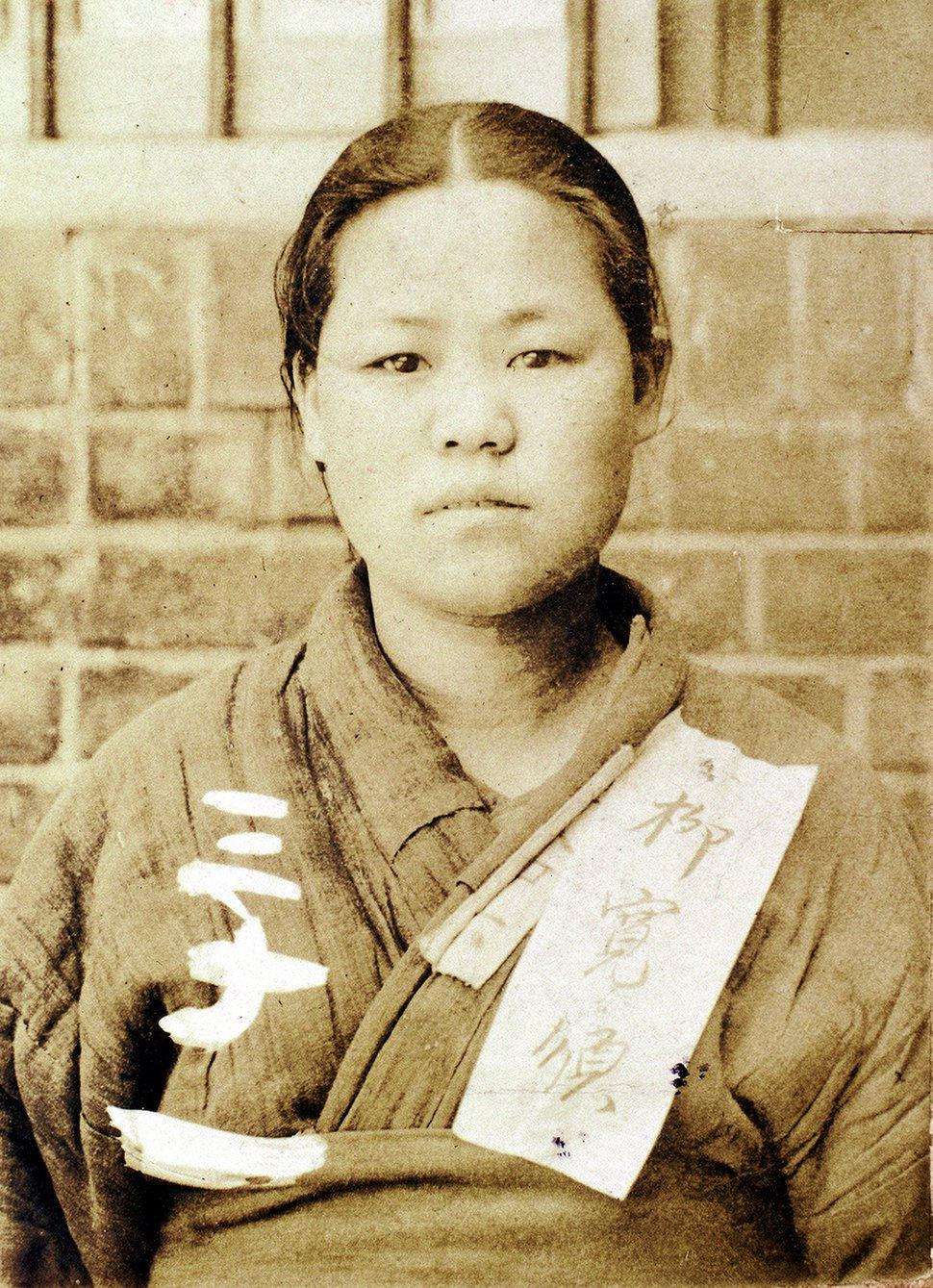Yu Gwan-sun: A Symbol of Korean Independence
- Sungsoon(Sean)Kim
- Mar 2
- 2 min read
Yu Gwan-sun was born on December 16,1902, in Cheonan,South Korea, She grew up in a time when Korea was under Japanese rule, which began in 1910. Despite the strict control of the Japanese government, Yu was eager to learn and attended Ewha School in Seoul, one of the few institutions that provided education for Korean girls. At school, she became aware of the growing resistance against Japan and was influenced by ideas of freedom and national identity.

In early 1919, after the death of Emperor Gojong, a movement for independence spread across Korea, On March 1, 1919, thirty-three Korean leaders issued a declaration of independence, leading to nationwide protests. Yu Gwan-sun, just 16 years old, took part in these demonstrations in Seoul. However, after Japanese forces violently suppressed the protests, Ewha School was shut down, and she was forced to return home.
Determined to continue the fight, she organized a large rally in her hometown of Aunae on April 1, 1919. She gathered thousands of people, waving Korean flags and shouting for independence. Unfortunately, the protest was met with brutal violence. Japanese soldiers fired into the crowd, killing Yu’s parents and many others. Yu herself was arrested and taken to Seodaemun Prison in Seoul.
Even in prison, Yu did not give up. She encouraged other prisoners to resist and continued to call for independence. Because of her bravery, the Japanese guards tortured her severely. On September 28, 1920, at just 17 years old, Yu Gwan-sun died from the injuries she suffered in prison.
Her sacrifice was not in vain. She became a symbol of Korea’s resistance, and her story continues to inspire generations. Today, she is remembered as a national hero, with memorials, schools, and scholarships named in her honor. The March 1st Movement and Yu Gwan-sun’s courage played a crucial role in Korea’s long struggle for independence, reminding us of the power of youth and determination in the fight for justice.

Works Cited
“유관순 열사 일대기.” 유관순연구소, community.bu.ac.kr/yugwansun/3126/subview.do.
“Yu Gwan-Sun: Martyr of the March 1 Movement.” Kookmin University, english.kookmin.ac.kr/kookmin/special/337.

